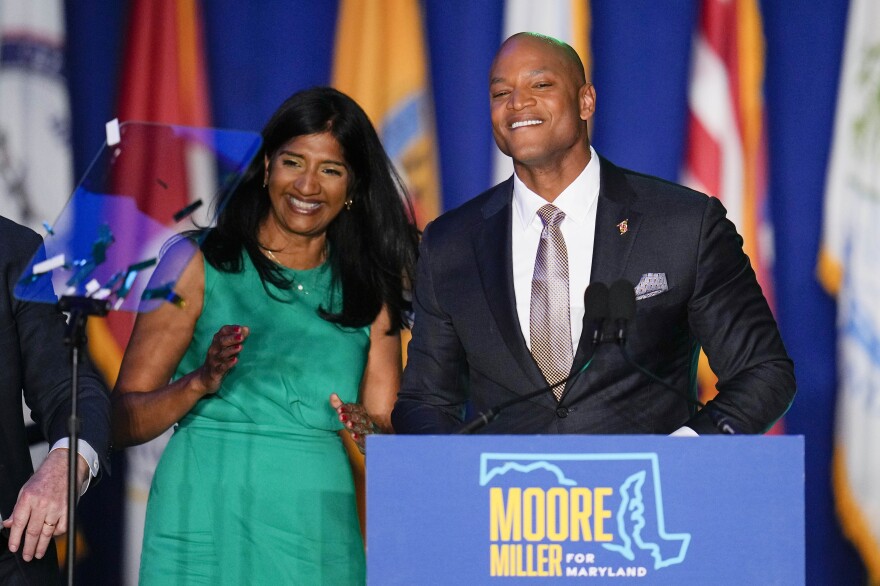While the results aren't all in yet, some of the races that have been called already include some notable wins.
LGBTQ representation
It was a big night for several LGBTQ candidates. Maura Healey was elected the governor of Massachusetts, becoming the first woman to win that office and the nation's first openly lesbian governor-elect.
Democrat Becca Balint won her race for Vermont's only seat in the House. Her win means she will be the first woman and the first openly LGBTQ person to represent the state in Congress.
In New Hampshire, James Roesener became the first openly trans man to win election to a state legislature in U.S. history.
Racial diversity

Democrat Wes Moore made history as Maryland's first Black governor, and only the third Black governor elected in U.S. history. Also in Maryland, Aruna Miller became the first Indian American elected lieutenant governor, and Rep. Anthony Brown is the first Black candidate elected as the state attorney general.
Republican Rep. Markwayne Mullin of Oklahoma won the special election to succeed Sen. Jim Inhofe, who is retiring. Mullin, an enrolled member of the Cherokee Nation, will become the first Native American senator from Oklahoma in nearly a century, and the only Native American to serve in the U.S. Senate since Sen. Ben Nighthorse Campbell, a Colorado Republican, retired in 2005.
And Rep. Summer Lee, a Democrat, became the first Black woman elected to Congress from Pennsylvania.
Firsts for women

Several states also elected female lawmakers and governors for the first time.
Former White House Press Secretary Sarah Huckabee Sanders will be the first female governor of Arkansas.
Katie Britt became the first woman to win election to the Senate from Alabama and the first Republican woman to hold one of the state's Senate seats. And New York Gov. Kathy Hochul, who succeeded Andrew Cuomo when he resigned in 2021, was elected to a full term — becoming New York's first elected female governor.
Gen Z heads to Congress
Maxwell Frost won his race in Florida's 10th District, becoming the first member of Generation Z to be elected to the House of Representatives. He is 25 years old, which is the minimum age to be a House member.
He's not the only member of his generation on the ballot this midterm season.
Republican Karoline Leavitt, 25 — who would have been the youngest woman ever elected to the House — lost her race in New Hampshire's 1st District.
Copyright 2022 NPR. To see more, visit https://www.npr.org.


